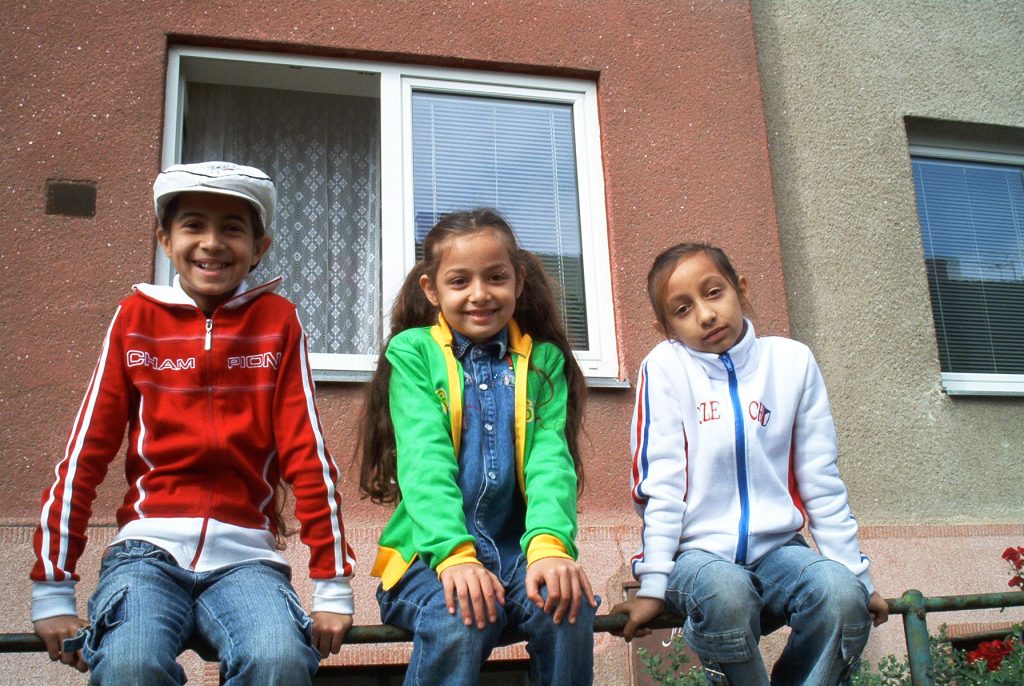In the Media Centre, on November 22nd, publication “Labor market in Serbia – The position of women over 45 / Denial of rights to dignified work”, was presented. The publication was developed by the “Women at the turning point” association, based on the analyses performed by SeConS development initiative group experts. This publication throws light on the position of women 45+ from various aspects. According to the revealed data, the position of women in Serbia in the area of work and money is the most unfavourable, compared with other European countries.
“The most complaints to the Commissioner are submitted by women, who mostly complain about discrimination, primarily on the labor market,” said Brankica Jankovic, the Commissioner for the Protection of Equality. She pointed out that women over 45 fall under the “Hard-to-employ” category, as employers have a prejudice about female workers aged between 30 and 45 being most valuable. “However, one should not ignore the importance of the institutional memory, i.e. the role that employees with great working experience have on the working environment,” Jankovic said.
Marija Babovic, director of the SeConS program, said that compared to the European Union, Serbia is among the countries with the lowest employment rate of women 45+. “This rate is 42%, similar to Romania and Croatia, and it is far above the European average of 57.9%,” Babovic said, pointing out that among the employed women of this age, a quarter of those with higher education work on the jobs below their qualifications. “In the context of family life, women spend less time in paid work than men, but much more in an unpaid housework and care for family members,” Babovic explained.
Mima Perišić, the president of the Managing Board of the Association “Women at the turning point”, stressed the importance of the published publication for various actors dealing with this issue. ” We felt obliged to share it with the public and especially relevant sectors of the Government, in a way that would be useful for considering possible measures and regulations to improve the situation of these women”, explained Perišić.
Jasna Uzelac Braunović, the manager of corporate communications and public relations in the UniCredit Bank said that the company has been implementing gender equality policy for five years. “Women make up more than 60% of employees, in the Executive Board there are two women and two men, and women occupy almost half (49%) of management positions in the company,” she said.

